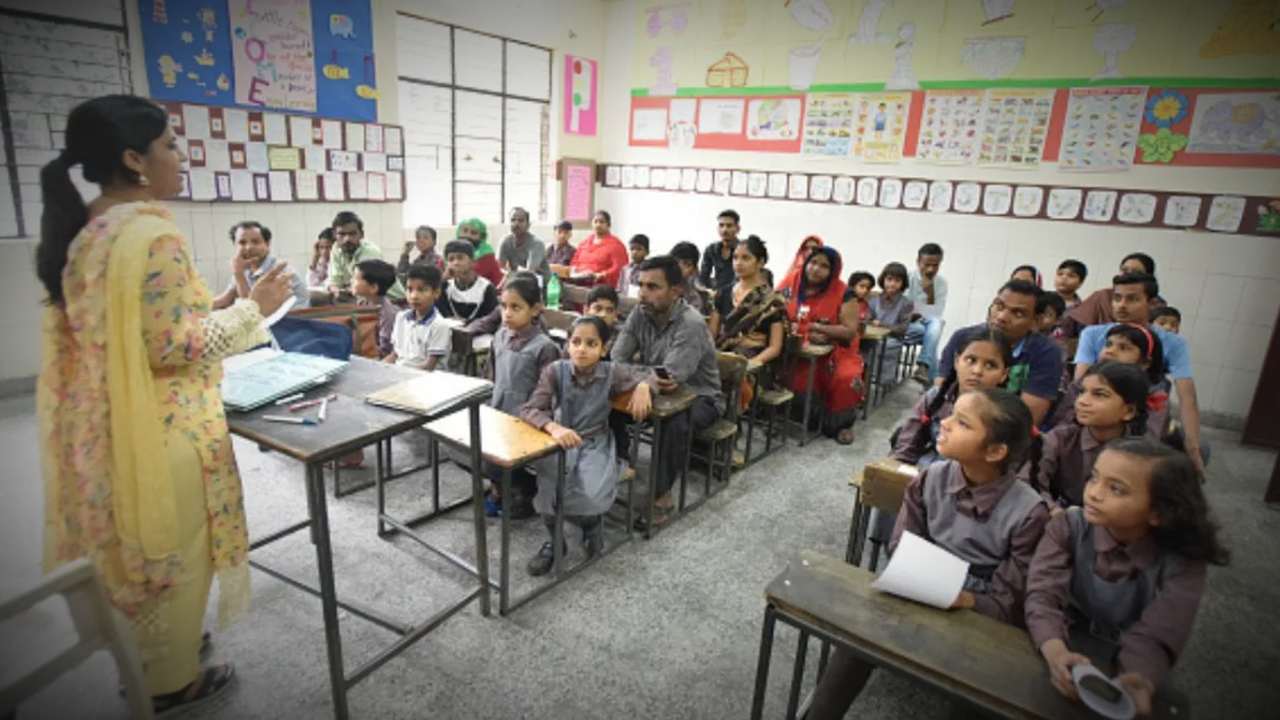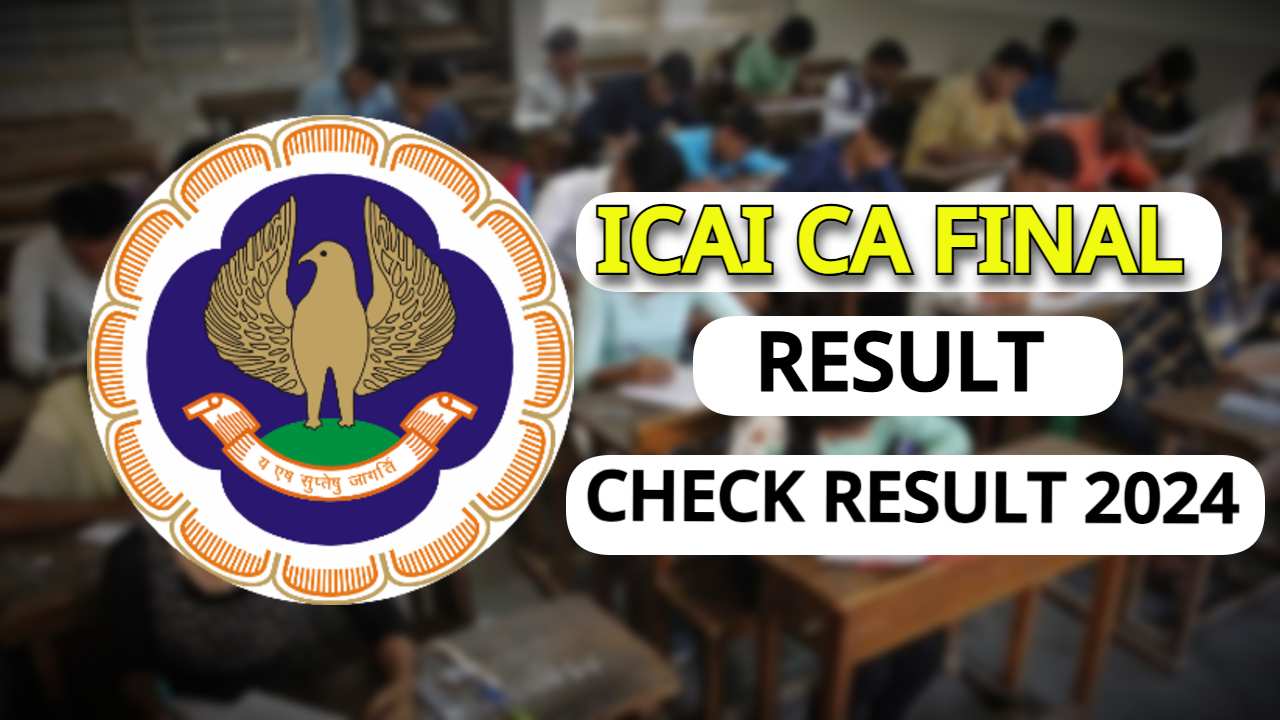Uday Kotak, a veteran in the financial services industry and founder of Kotak Mahindra Bank, has recently expressed concerns regarding the growing influence of Quick Commerce (Q-Com) companies such as Swiggy, Zomato, and Zepto on traditional retail businesses in India. His remarks come shortly after the successful IPO of Swiggy, which has become a significant player in the Indian Q-Com market.
Understanding Quick Commerce
Quick Commerce refers to the rapid delivery of consumer goods, typically within 10 to 30 minutes. This model has gained immense popularity in India, with platforms like Blinkit, Zepto, and Swiggy Instamart leading the charge. According to a report by Datum Intelligence, the Indian quick commerce market is projected to grow from $6.1 billion in 2024 to an astounding $40 billion by 2030.
Uday Kotak’s Concerns About Political Ramifications
During a recent event hosted by CNBC TV18, Kotak highlighted that the rise of Quick Commerce could pose a significant challenge to local retailers, potentially becoming a political issue. He stated, “Q-Com has a challenge to the local retailer and it is a challenge which will come to the political front.” This statement underscores the growing tensions between modern retail formats and traditional businesses.
The Unique Success of Indian Quick Commerce
Kotak pointed out that India is unique in its successful adoption of quick service retail compared to other markets where this model has struggled. While he acknowledged the positive impact of innovation in this sector, he emphasized that Indian companies must focus on building strong consumer brands akin to global giants like Apple and Meta.
Advocating for Open Trade Policies
In his address, Kotak cautioned against excessive protectionism for domestic businesses, arguing that such measures could hinder long-term competitiveness. He advocated for an open trade environment that would allow Indian businesses to thrive on a global scale, fostering innovation and growth.
Preparing for Economic Shifts
In light of potential shifts in the global economy, Kotak urged India to prepare for possible capital outflows from foreign portfolio investors. He also called for an increase in the defense budget to enhance the country’s overall strength and security.
Conclusion
Uday Kotak’s insights reflect a growing concern about the implications of Quick Commerce on traditional retail sectors in India. As Q-Com continues to expand rapidly, it remains crucial for stakeholders—ranging from policymakers to business leaders—to address these challenges proactively. The future landscape of retail in India may hinge on finding a balance between innovation and protecting local businesses.
Disclaimer: This article is for informational purposes only and does not constitute financial or investment advice. Readers are encouraged to conduct their own research and consider their personal circumstances before making investment decisions.










